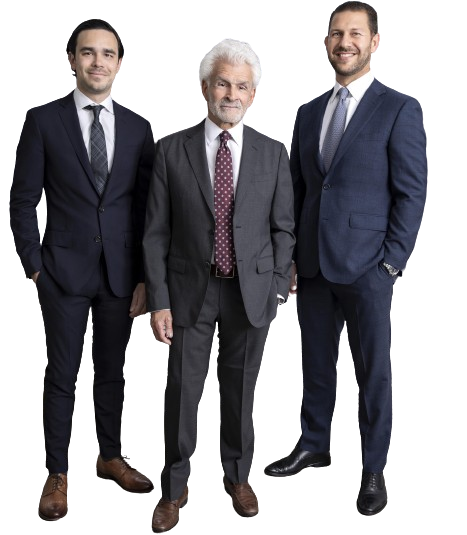
What is res ipsa loquitor, and can it be used in your case?
What is Res Ipsa Loquitor?
Res ipsa loquitor is a doctrine in common law that deals with negligence in civil cases. The phrase literally translates to “the thing speaks for itself” and is often used in tort law to allow plaintiffs to meet the burden of proof with what is normally considered circumstantial evidence.
Employing res ipsa loquitor alleges that negligence is the most likely cause of the damage in a personal injury case. It implies that, if not for some sort of negligence on the defendant’s behalf, the incident would not have taken place. This is helpful in cases where there is no direct evidence of negligence, but there is still a party who has suffered damage.
There are four facets of res ipsa loquitor:
- The incident must be one that would normally occur due to someone’s negligence.
- The incident must have been caused by something that is exclusively controlled by the defendant.
- The incident was not caused by any action taken by the injured party.
- The defendant’s non-negligent explanation does not completely explain the plaintiff’s injury.
Res ipsa loquitor is commonly used in medical malpractice cases, particularly those involving surgery where the injured party has been put to sleep or rendered immobile from anesthesia.They can also be used in many other types of personal injury cases (like construction accidents and falling debris cases).
Have You Been Injured In An Accident? Contact Morelli Law
877-751-9800How Res Ipsa Loquitor Applies to Cases of Falling Objects
The very roots of res ipsa loquitor lie within a specific legal case involving fallen debris from a commercial building. In 1863, an English tort law case, Byrne vs. Boadle was decided in the Court of Exchequer. The case involved a plaintiff (Byrne) suing a defendant (Boadle) after being struck by a barrel of flour that had fallen from a building the defendant had owned. The initial judgment of the case was granted to the defendant, as the plaintiff could not produce evidence that negligence had occurred. However, the ruling was overturned upon appeal after the appellate court found that the fact that the accident had occurred provided sufficient circumstantial evidence to establish a “breach of duty of care,” which was enough to prove negligence.
What res ipsa loquitor asserts is that negligence is implied in cases involving objects that have fallen from buildings. As a pedestrian, you have no control over the objects or debris that fall, and nothing you could have done that could be construed as being the cause of the objects falling from such a height. The very fact that an object fell is sufficient enough evidence to prove that negligence has taken place; someone has to be liable for your injuries. Who can be held liable in cases of falling objects and debris from buildings? Read this post to see the parties who are typically held responsible for any injuries or deaths involved.
Res ipsa loquitor can be applied to falling debris cases that involve:
- Unsecured items and tools
- Equipment malfunction or misuse
- Building or structure collapses
- Insufficient warning signage
- Barricades placed too close to construction areas
- Wind carried items
- Dropped loads
Can Res Ipsa Loquitor Be Used in Your Case?
It’s not guaranteed that res ipsa loquitor can be applied to your specific case, but that’s what our experienced personal injury attorneys can help you ascertain. At Morelli Law, we are experts in cases involving falling debris and objects from buildings in New York City. We’ve secured more than a billion dollars for our clients—from victims of construction accidents to wrongful death cases, and more. We have the experience necessary to find out who is liable for your injuries and get you the most out of your judgment or settlement. We’re ready to fight for the compensation you deserve, and we’re not afraid to pursue even the largest companies in court.
If you or a loved one has been injured because of falling objects or debris in New York City, reach out to our team today.
Call or text 877-751-9800 or complete a Free Case Evaluation form



